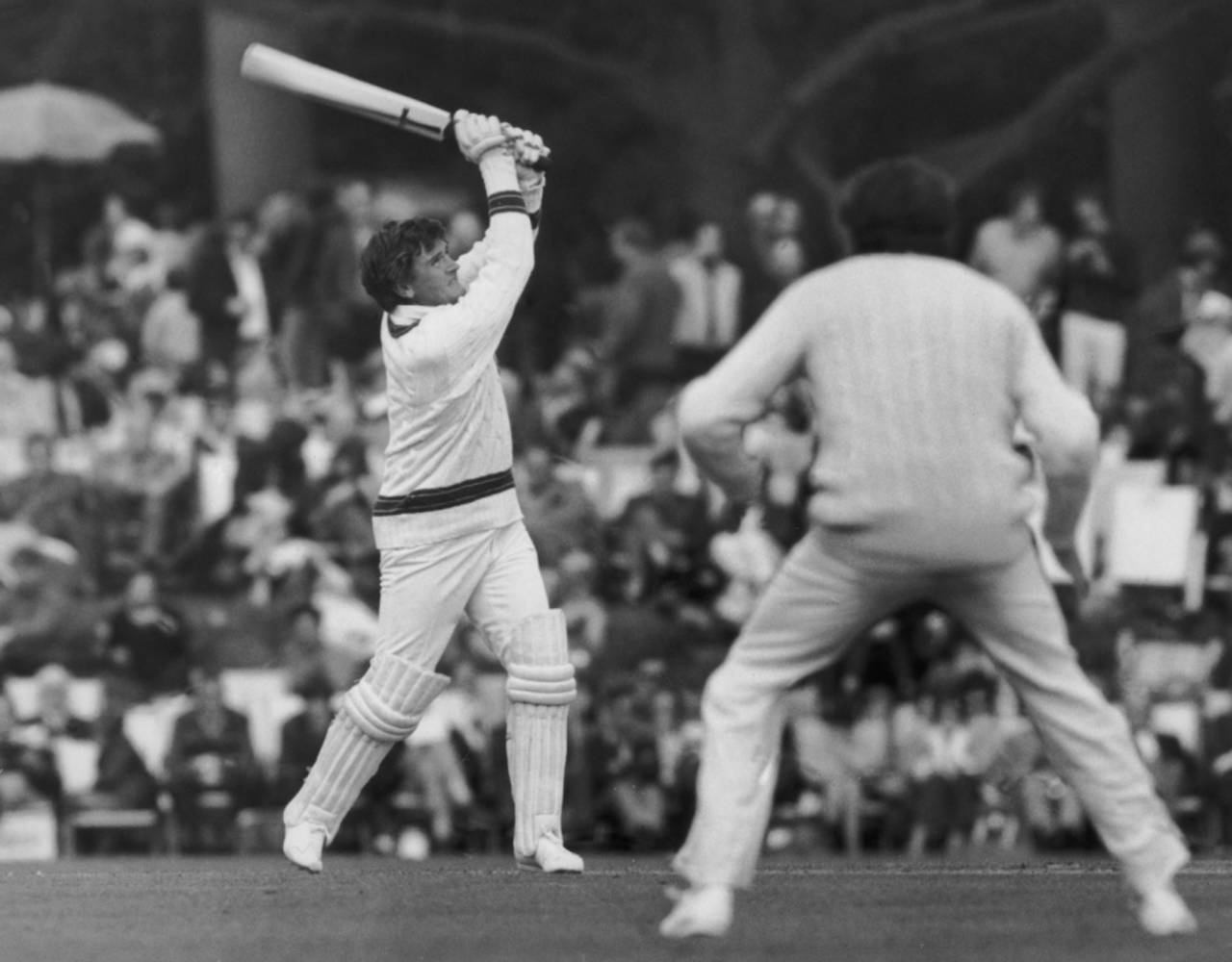Australian cricket
has farewelled one of its most combative and charismatic characters with the passing of
Keith Stackpole on Tuesday. A fierce competitor, courageous opening batter, and fiercely loyal team-mate, Stackpole's influence during a formative period in the game's evolution was as significant as it was deeply felt by those fortunate enough to share a dressing room with him.
Keith's Test journey began
in the middle order, but it was his shift to the
top of the order that defined the cricketer - and the man - he would become. It wasn't just a tactical move; it was transformational. His temperament was perfectly attuned to the demands of facing the new ball. He relished the responsibility, often setting the tone for Australia's innings with a steely presence and a bat that spoke volumes.
What truly set Keith apart was his fierce love of fast bowling. The quicker they came, the more alive he became. His cross-batted strokes - especially the pull and hook - were trademarks, and he never blinked at short-pitched hostility. But it wasn't just about technique; it was his intent. Defeat stung him personally. He wore responsibility like a badge and took it upon himself to alter the course of matches.
There's a story, often retold, that speaks volumes about the man. It was Jamaica, 1973, just before the West Indies series. Word had spread about a young Jamaican quick,
Uton Dowe - touted as the next Wes Hall. When news came through that Dowe would be rested for a warm-up match, most of the touring side breathed easier. Not Keith. He was genuinely furious - pacing the dressing room, lamenting the missed chance. He wanted to face Dowe, to test himself, to measure the mettle of this rising force.
When the
first Test came round and Dowe took the new ball to the roar of Kingston's crowd, Keith was ready. The first ball was short; Stackpole sent it racing to the boundary. He went on to smack seven fours in a fiery innings of 44, dismantling the youngster's confidence - and with it, his career. It was Stackpole in full: courageous, combative, and utterly unwilling to let reputations go unchallenged.
As Ian Chappell's vice-captain, Keith was steadfast. He gave unwavering support, both on and off the field, and the two forged a friendship that lasted decades. He would not abide criticism of his skipper and was a pillar of strength during Australia's rise in the early 1970s.
Of all his performances, his knock
at The Oval in 1972 remains etched in memory. With the Ashes on the line and Australia needing 242 to draw the series, Keith launched into the English attack of John Snow, Geoff Arnold, Tony Greig and Derek Underwood. He belted a commanding 79 - bold, belligerent, and calming to those watching on. It helped secure a pivotal win and symbolised so much of what he brought to Australian cricket: nerve, heart, and a flair for the moment.
To his beloved wife Pat and the entire Stackpole family: the thoughts and deepest sympathies of the cricketing community are with you. Keith Stackpole's legacy won't just live on in statistics or archives - it endures in the hearts of those who played with him, watched him, and knew what it meant to have "Stacky" at the top of the order.
Vale, Stacky.
Former Australia captain Greg Chappell played 87 Tests for them in the 1970s and '80s. He has also coached India, and been an Australia selector

